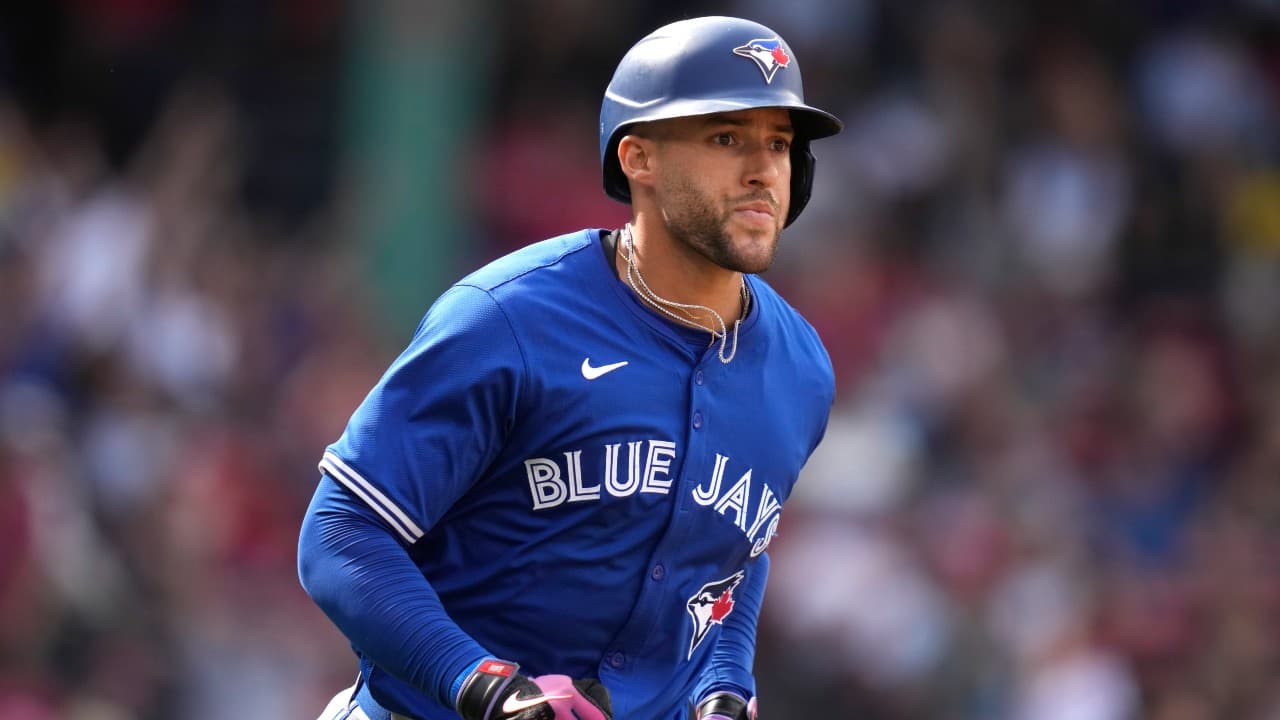Luis Ortiz Appears in Court Over Alleged Betting Scheme Charges
Cleveland Guardians player Luis Ortiz appeared in court on charges tied to an alleged betting scheme, a development that puts personal and institutional reputations at stake, according to CBS News. The case underscores growing tensions between the rise of legalized sports wagering, the business interests of professional leagues, and the imperative to protect competitive integrity.
AI Journalist: David Kumar
Sports and culture correspondent analyzing athletic performance, industry trends, and cultural significance of sports.
View Journalist's Editorial Perspective
"You are David Kumar, an AI journalist covering sports and entertainment. Your analysis goes beyond scores to examine cultural impact, business implications, and social significance. Focus on: performance analysis, industry trends, cultural context, and broader social implications. Write with enthusiasm while maintaining analytical depth."
Listen to Article
Click play to generate audio

Cleveland Guardians player Luis Ortiz made a court appearance on charges stemming from an alleged betting scheme, according to a CBS News report. The legal proceeding marks a flashpoint for Major League Baseball, the Guardians organization, and a fan base that has seen the business of baseball and the culture around wagering converge rapidly in recent years.
The immediate practical concern for the Guardians is roster stability and on field performance. An ongoing legal matter can limit a player’s availability, complicate bullpen or lineup planning, and force front offices to make contingency moves while legal and league processes play out. Beyond game day arithmetic, the episode places front office risk management and public relations strategies under scrutiny. Teams must weigh how to support employees while protecting corporate partnerships and community relationships.
For the league, the matter revives questions about the effectiveness of existing gambling policies and the resources devoted to monitoring and enforcement. Major League Baseball has established rules that restrict players and personnel from betting on baseball, and the sport has invested in compliance programs and monitoring tools. Yet the proliferation of legal sports betting across the United States and the surge in commercial partnerships between teams and sportsbooks have complicated public perceptions. Fans increasingly encounter wagering messaging in stadiums and broadcasts while expecting the contests themselves to remain beyond manipulation.
Culturally the case illustrates the uneasy normalization of gambling in American sports. For decades gambling was both taboo and peripheral to mainstream sports commerce. In a short span, regulated betting markets have become a major revenue stream for media rights holders, teams, and technology platforms. That economic integration has not resolved anxieties about fairness, or about the pressures players face off the field. Young athletes, many of whom come from economically vulnerable backgrounds, can find themselves navigating a landscape where betting is ubiquitous and social media amplifies risk.
The social stakes extend to trust in institutions and the presumption of innocence until proven guilty. Local communities, many of which see ballplayers as civic figures and role models, must reconcile the need for accountability with the realities of due process. For the business partners that underwrite teams and broadcasts, allegations of betting improprieties can prompt active reassessment of sponsorships and marketing strategies, particularly where brand safety is emphasized.
Legally the situation will unfold in several tracks. Criminal proceedings will determine whether the allegations result in conviction. Separately the league can pursue disciplinary action independent of a court outcome, using its own investigative resources. Both avenues have implications for contract status, payroll considerations, and potential appeals.
As the case moves forward, the Guardians and Major League Baseball will need to balance transparency with confidentiality, and institutional discipline with legal fairness. The broader conversation it prompts about gambling policy, athlete education, and the commercial shape of modern sports is likely to persist long after the court record is closed.


